Content warning: This story contains mentions of abuse, drug use.
In recent years, biographical dramas have become some of the most popular movies in Hollywood. Oppenheimer (2023), The Social Network (2010) and I, Tonya (2017) have produced major box office success and given key context to important moments in history.
Elvis (2022) and Priscilla (2023) are incredible representations of perspective—showing how two sides of a story can make you look at a person differently and allow you to question the motives of characters in complicated relationships. Both films have their own individual aspects that make them great, but to fully appreciate one, I believe you have to watch the other.
The film Elvis answered many burning questions about what led to the death of American rock and roll hall of famer Elvis Presley, played by Austin Butler. Director Baz Luhrmann has showcased lavishly brilliant production in all of his films and Elvis was no exception. His movies are always so colorful and filled with motion.
My favorite scene, which I believe exhibited this heightened technique, is during Elvis’s first concert. Butler shakes and shreds a guitar and dances around in a black and pink suit. The audience’s reactions are the best as the camera whips around, panning from spectator to performer all whilst Butler sings “Baby Let’s Play House.” It’s dramatic and I think sets up how dedicated Elvis was as an entertainer—giving every bit of himself into a song.
It’s incredible watching a talent like that devolve into what he eventually became under the use of drugs, power and Hollywood. Elvis is portrayed positively for the majority of this movie and is essentially viewed as nothing but a product of his environment, rather than a man of his own actions; though I would argue that he is both, and I think that’s what Priscilla was trying to say as well.
I was excited for Priscilla the second I heard that director Sofia Coppola was working on a new movie. Coppola is one of those rare talents that can create a certain ambiance in her films that is simple, yet effective. I was stunned by the gorgeous costuming and set designs of Marie Antoinette (2006), and I was stunned once again by the beauty and grace of each and every shot in Priscilla.
We watch as Priscilla Presley navigates the inappropriate age-gap between her and Elvis as she constantly tries to prove her maturity to him. She cuts her hair the way he wants her to and does her makeup the way he wants her to. As time moves on, Elvis doesn’t seem to be making the same efforts that she leaps through for him. Like in Elvis, Priscilla made sure to recognize how committed Elvis was to his career, but in Priscilla, we see how this obsession with fame affects his family.
The scene where Elvis lashes out at Priscilla in the recording booth is by far my favorite when observing the slow descent of emotional and physical abuse in their relationship. He asks for her opinion on a song and when she replies, “I don’t know if I like it,” he throws a chair at her head. After doing this, he calms Priscilla down and says that he would never hurt her. It’s just such a compelling and hard scene to watch because of how scared actress Cailee Spaney portrays Priscilla. This was the first time Elvis was really threatening to her. She feels betrayed by his violence, but knows that she would never try to stop him.
Coppola wrote both Elvis and Priscilla’s characters so well; the way their relationship was doomed from the start and how Elvis toes the line between love and control is very realistic and feels more personal than Elvis because it shows a different side of him.
I really do appreciate the attempt to further the understanding of Elvis in Elvis, but I really don’t think that there was much of any substance to it. It was already pretty common knowledge that while Elvis was an incredibly amazing artist and performer, he was also a very troubled and broken man, and I don’t think the movie added anything to that.
Other than showing how his manager Colonel Tom Parker aided in ruining Elvis’s career, I truly believe that this movie didn’t provide any interesting depth to his character; when Butler had to do anything other than sing and dance, I think that his performance fell quite flat.
Priscilla made me love, hate and respect Elvis all in one. The film so effortlessly had me understanding Priscilla’s point of view and why she felt like she couldn’t leave Elvis despite his off-and-on hostility.
Jacob Elordi playing Elvis really blew me away; there is such subtlety in the way he bounces his knee up and down as an anxious tic and the fretful cadence of his voice; it’s all very simple, but not plain. Comparing the two, I would say that Elodi’s performance was infinitely better than Butler’s. Showing and not telling is keen in movie-making, and while I think that Butler did great with what he was given, I accept that his version of Elvis was entirely too on the nose.
All in all, I would suggest watching both of these films to assume the different viewpoints. I would also recommend seeing Priscilla in theaters while it’s still out because witnessing all of Copolla’s beautiful cinematic symmetry was absolutely amazing on the big screen.


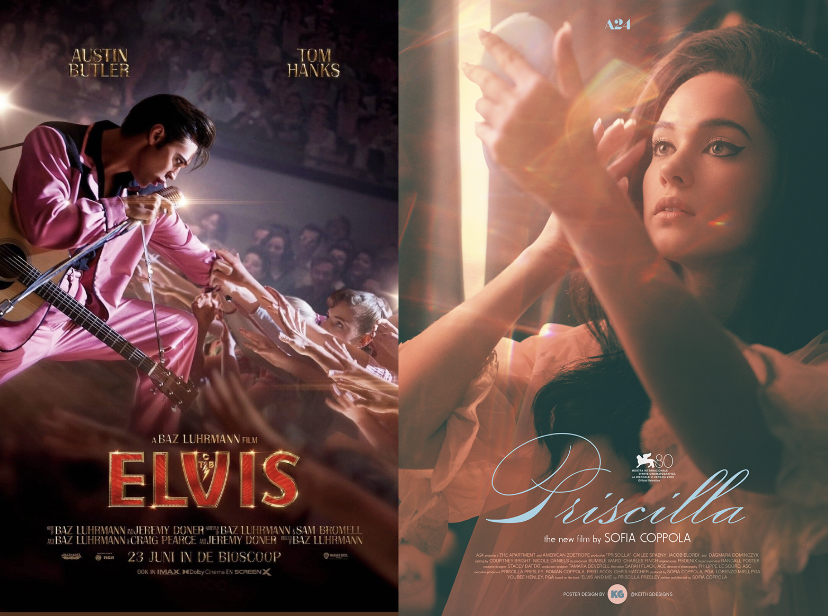
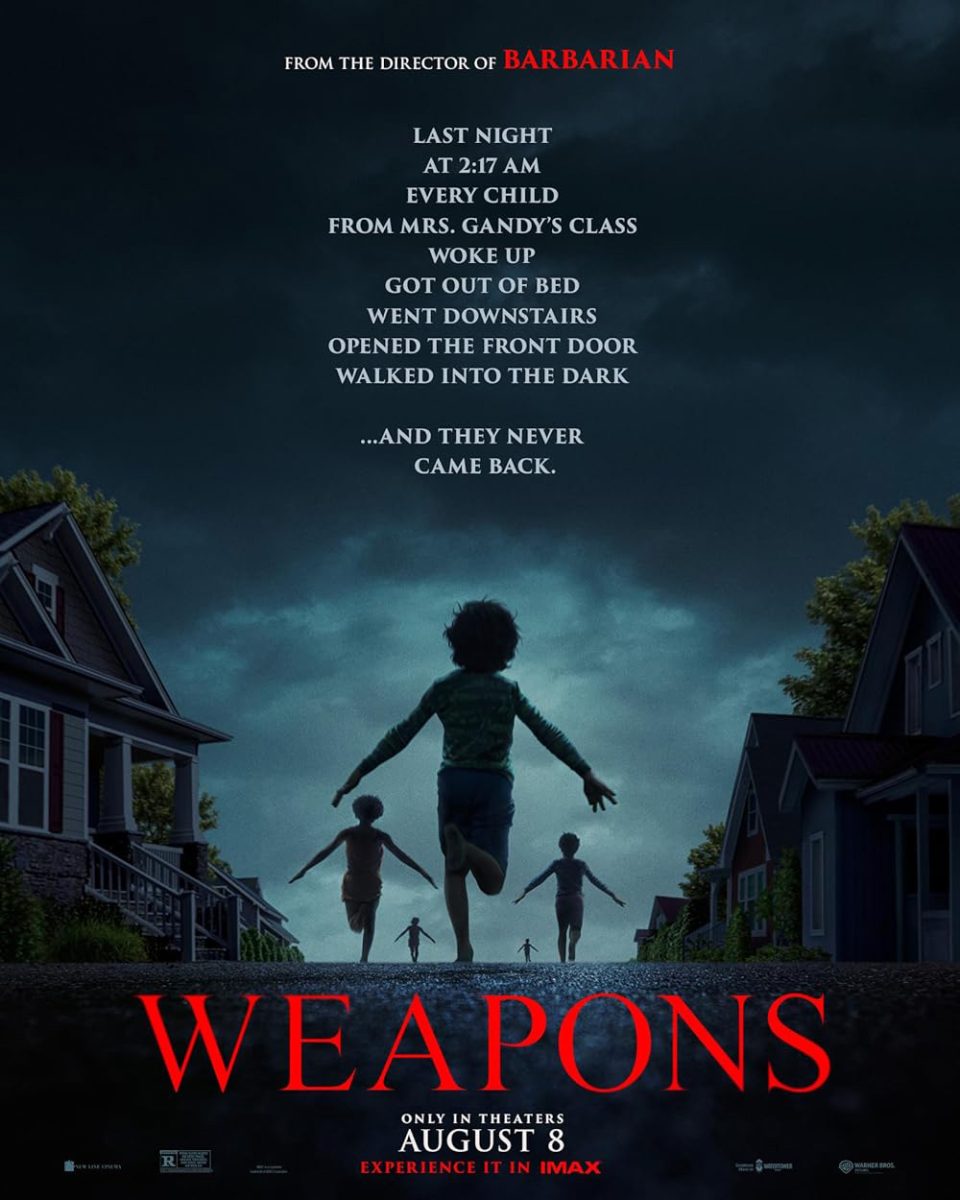
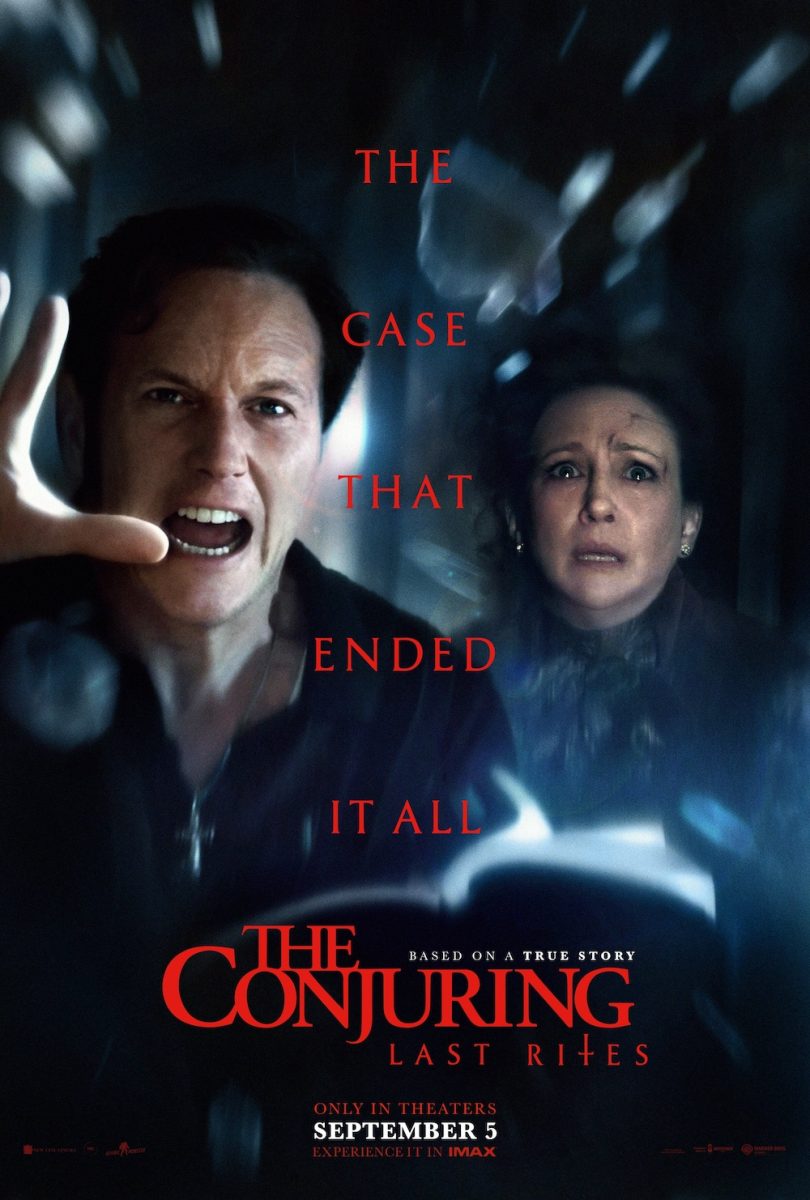

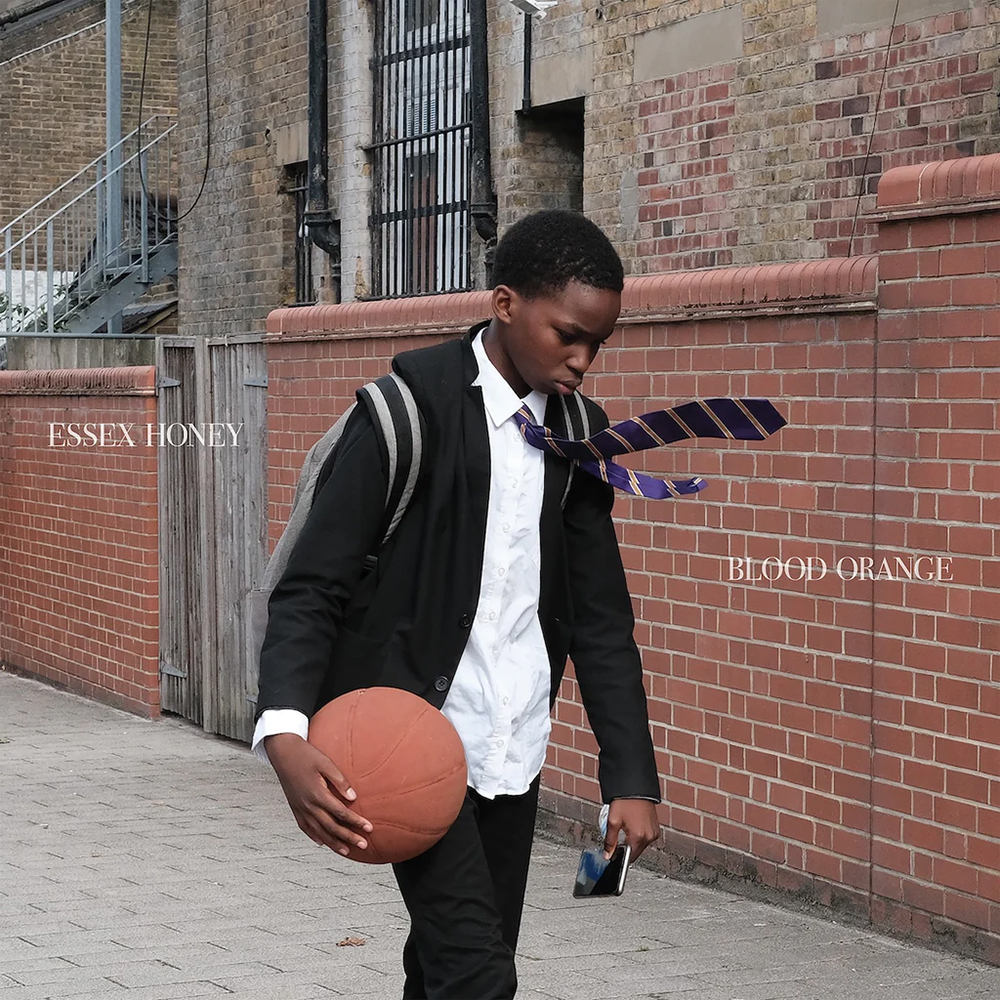
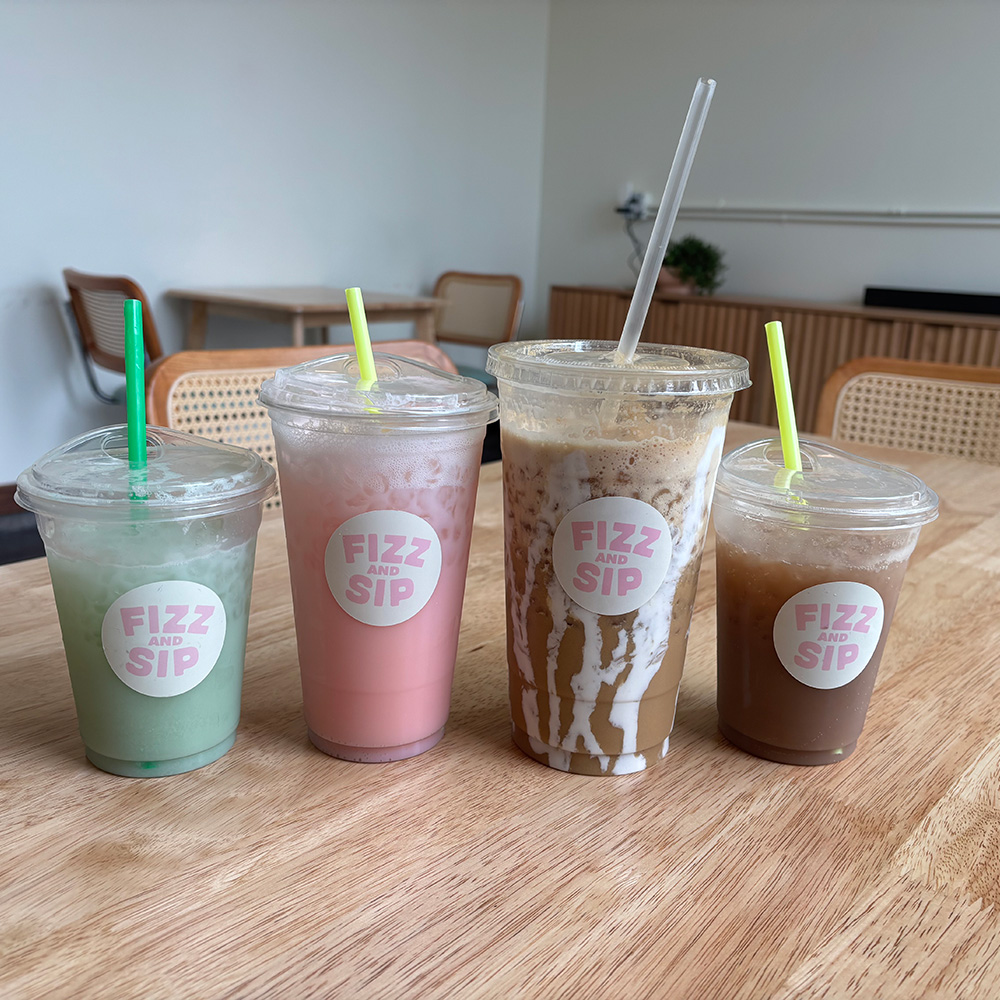


Patty 3 • Jan 5, 2024 at 8:12 pm
I loved both movies! I was glad that Priscilla had a movie made about the way things were with her while she was with Elvis. It couldn’t have been easy for her! Being so young . When Elvis was on the road Tours and concerts ! Priscilla didn’t pursue being wedding. She was left at home alone. She really didn’t have her own lady friends. She seem to be alone, and by herself, while Elvis had his TLC group of guys & the band members!